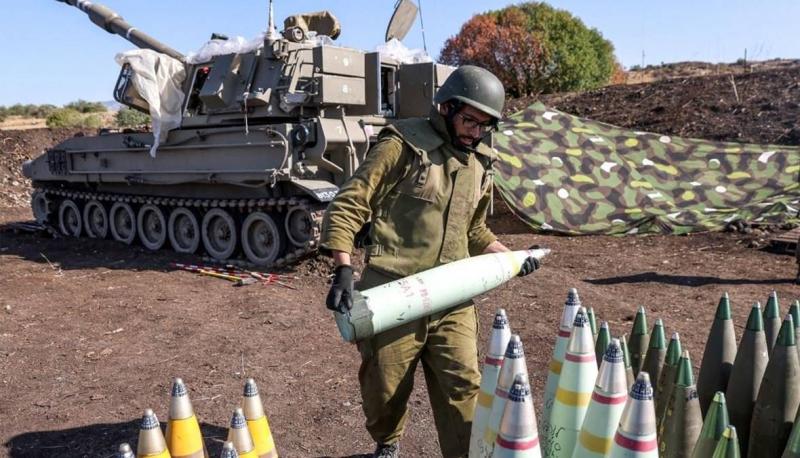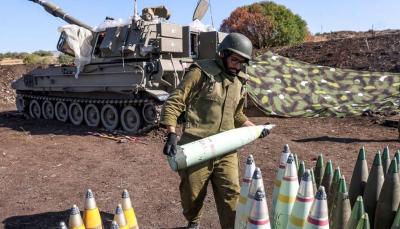With the outbreak of the first spark of the raging war in the Gaza Strip since October 7, between Hamas and Israel, the risks of expanding the war and conflicts in the region have dramatically increased at a rapid pace, especially after "Hezbollah" engaged in targeting the border areas between Lebanon and Israel and the assassinations executed by the latter inside Lebanese territory.
While the United States and other countries attempt to avert escalation between the two sides, Israeli Foreign Minister Israel Katz threatened Hezbollah on Tuesday with destruction in the event of a "full-scale war," adding that the Israeli army has approved "operational plans for an attack in Lebanon." For his part, Hezbollah Secretary-General Hassan Nasrallah escalated his rhetoric and threats on Wednesday, extending to Cyprus alongside Israel, stating that no place in Israel "will be immune" from his fighters' rockets if war breaks out.
This rising tension and violence across the border between Israel and Hezbollah raises fears of a widespread war, although experts are divided on the likelihood of a regional conflict.
Will war erupt?
According to sources and global news agencies, the escalation of tensions at the border between the Israeli army and Hezbollah, which fought a war in 2006, has so far resulted in the deaths of at least 479 people in Lebanon, including 313 Hezbollah fighters and at least 93 civilians. The Israeli side reported 15 soldiers and 11 civilians killed.
Israeli officials believe that a full-scale war with Lebanon is indeed imminent, indicating that its drums may be sounded within a few weeks and could last for several months. Former head of the Israeli Counter-Terrorism Office, Nitzan Nuriel, confirmed that "within a few weeks we will witness an Israeli operation in Lebanon," expecting it to "last for months," noting that the Israeli army's ground operation will aim to push "Hezbollah" north of the Litani River, about 30 kilometers from the UN-monitored border.
Former Israeli intelligence officer Sarit Zehavi pointed out that Israel is "more interested in a ceasefire than war," especially if faced with a multi-front campaign, clarifying that the operation will be accompanied by airstrikes over Lebanese territory.
A verbal war?
While the prospect of war seems more likely than de-escalation, some experts suggest that the green light given by the Israeli army for an attack plan in Lebanon, along with Katz's threat to eliminate Hezbollah, constitutes a strong warning that may lessen the intensity of the escalation. For his part, Nasrallah warned that if war breaks out, Israel "should expect us by land, air, and sea," stressing that his party has fought with "part" of its weaponry thus far, and confirming, "We have obtained new weapons," without disclosing their types.




